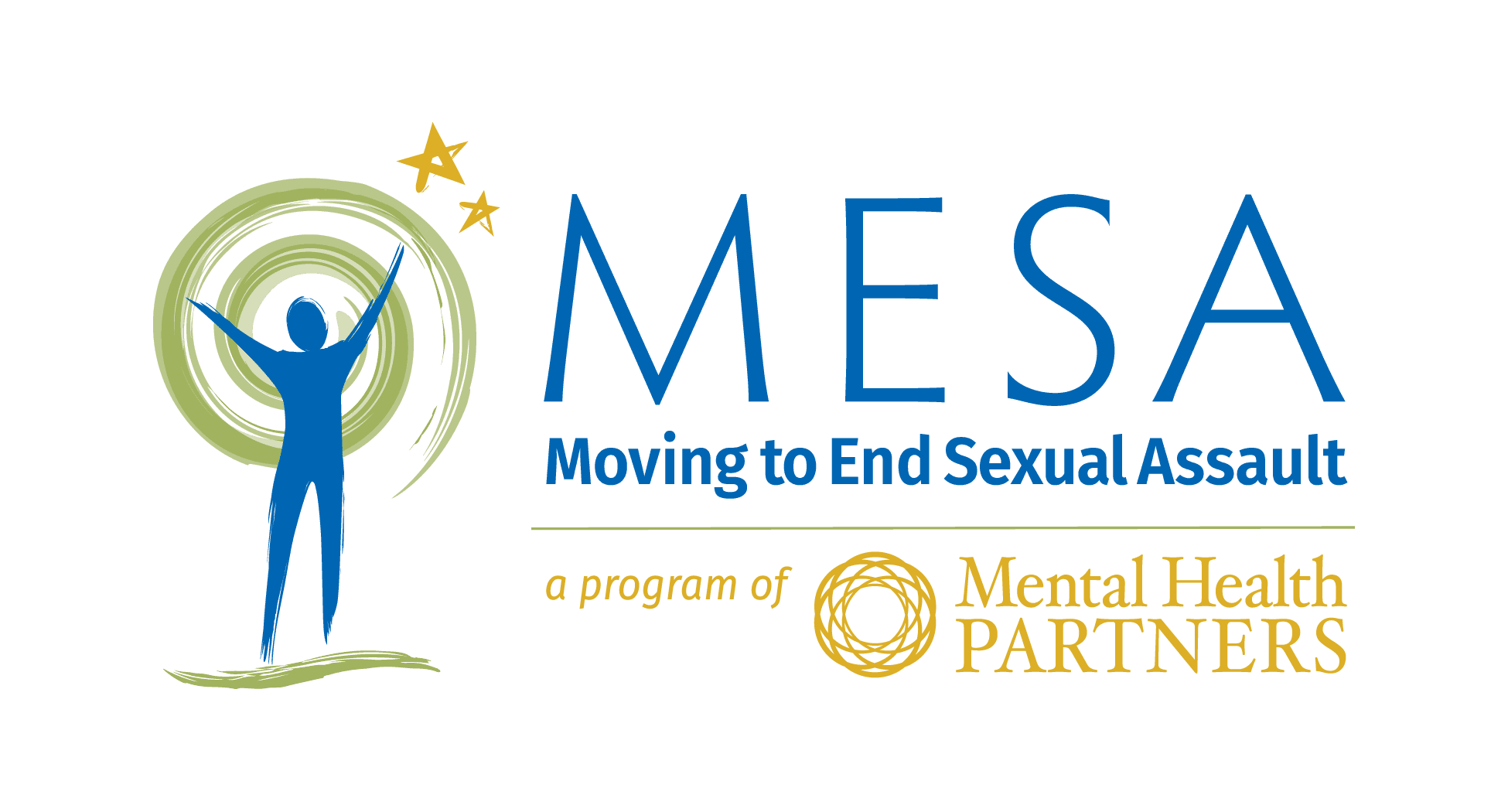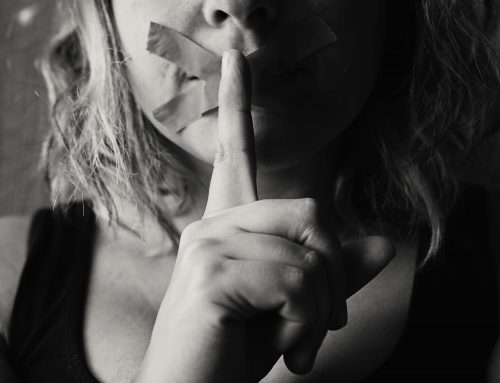 Part call to action, part show of solidarity, the recent trending of #MeToo serves as a rallying cry to draw attention to the pervasiveness of sexual violence and sexual harassment. The hashtag not only calls attention to the widespread impact of these criminal behaviors, but also builds public support for victims and survivors by showing they are not alone in their experiences (the hashtag was used almost 500,000 times within 24 hours). However, #MeToo is also problematic and potentially even silencing to those it seeks to support.
Part call to action, part show of solidarity, the recent trending of #MeToo serves as a rallying cry to draw attention to the pervasiveness of sexual violence and sexual harassment. The hashtag not only calls attention to the widespread impact of these criminal behaviors, but also builds public support for victims and survivors by showing they are not alone in their experiences (the hashtag was used almost 500,000 times within 24 hours). However, #MeToo is also problematic and potentially even silencing to those it seeks to support.
For some, the public call for disclosures of a personal history of sexual harassment or sexual violence may also carry with it a sense of coercion, which is a key element in experiences of sexual harassment or sexual assault. Forced disclosures may be counterproductive to recovery and healing because it recreates a feeling of disempowerment and lack of control. It is important to let victims and survivors choose when, how, and with whom to share their experiences.
Victims and survivors of sexual harassment and sexual violence are people, not statistics, and their personal stories are not up for public exhibition. No victim ever owes anybody else their story, and no one is ever entitled to hear the stories of survivors. It is a sign of trust, honor, and respect if someone chooses to share their experience with you.
There are countless reasons why someone may not disclose their personal history with sexual harassment or sexual assault. For many, it is not safe. Maybe they still live with their perpetrator and prioritize shelter over emotional well-being. Maybe they are under the age of 18 and don’t have access to support services without parental notification. For others, it may be a matter of feeling securely connected to someone who cares. Maybe they reached out to someone and were met with disbelief or blame. Maybe they were betrayed by their partner and don’t yet feel they can trust anyone else. And for still others, it might not fit the #MeToo rallying call. Maybe they haven’t yet labelled an experience as sexual assault because it doesn’t fit the stereotype of what sexual assault looks like. Maybe they are a male-identified survivor or an LGBTQ survivor, rather than the “women” called upon in the initial tweet.
Whatever the reason, some people may choose to keep their private experiences private, and they have every right to do so. Similarly, those that feel comfortable sharing their story in a public setting have every right to do so. That doesn’t change the long-standing statistics that 1 in 5 women will be raped in her life (1 in 4 will experience rape or attempted rape in a college setting), and 1 in 6 men will experience sexual abuse before the age of 18. However, #MeToo brings a personal story into these statistics. People tend to care more when an issue is connected to someone they care about, and #MeToo brings that personal link to the broader issue of sexual violence.
Next time you see a status update about someone’s personal experience with sexual harassment or sexual assault, remember that there is always someone else who does not share their personal experience. Every victim and survivor makes the choice that is best for them and their healing.
Natalie Ziemba is the Hotline Supervisor with MESA, and originally started as a MESA volunteer. She enjoys reading, baking, and nuanced discussions of social justice issues.


Leave A Comment
You must be logged in to post a comment.